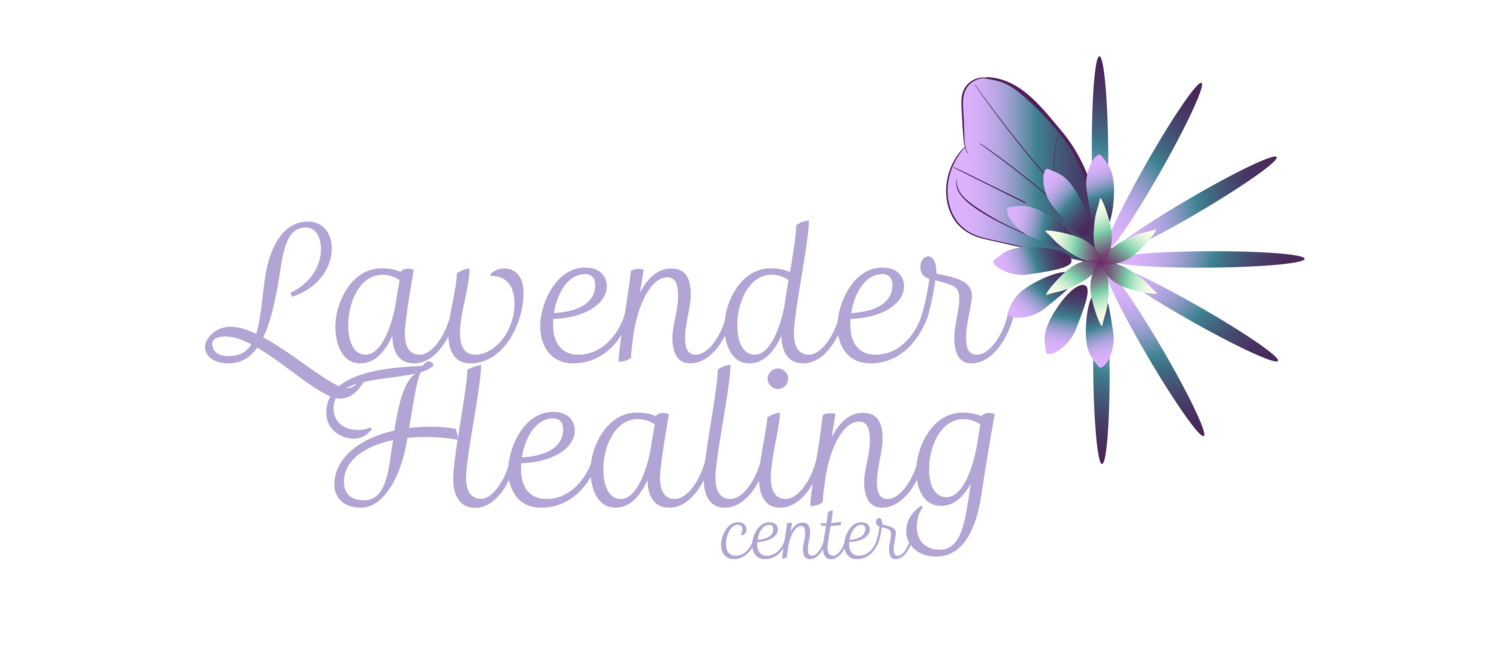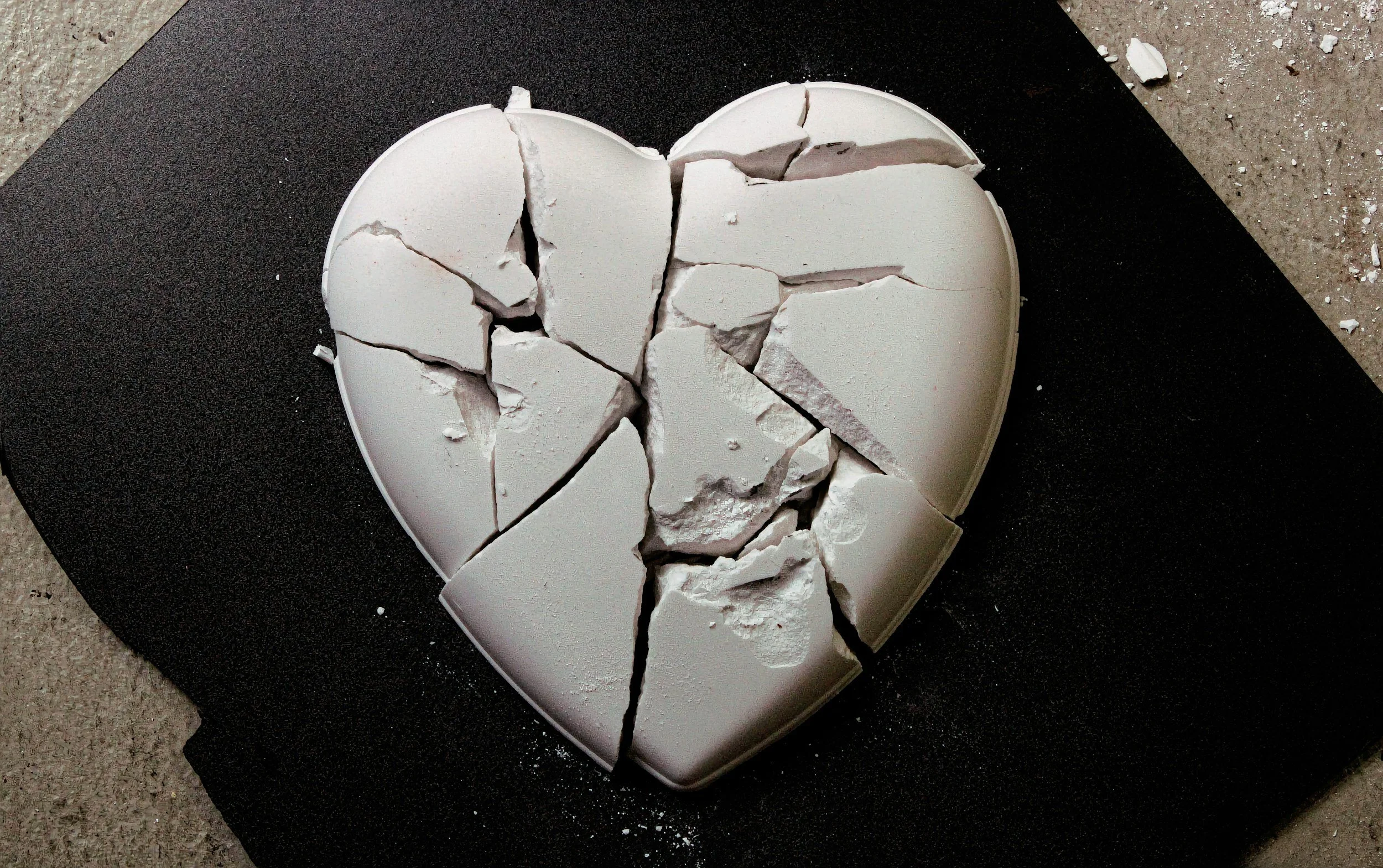Tips for Recovering From A Breakup
Kasey Scharnett King, LMFT-CST & Madeline Lee, B.S.
While some are gearing up for holidays, many others are navigating the painful reality of ending a relationship. Whether it's a breakup, divorce, or separation after years together, the aftermath can leave you feeling lost, unsteady, and unsure of what comes next.
If you’re in that place, the good news is this: healing is possible. It takes time, patience, and intentional steps, but with the right approach, you can come out stronger on the other side.
When Do Most Breakups Happen?
You may have heard that January is often called “The Breakup Month.” Statistics show that many couples call it quits after the holidays. But why? For some singles, it’s about wanting a fresh start. They don’t want to carry an uncertain relationship into the new year. Others spend time around their partner’s family and friends and realize that the relationship simply doesn’t fit their future.
For married couples, the holidays can be bittersweet. Many parents wait until after Christmas to separate so they can give their children one last holiday season together as a family. January then becomes the month of change and the start of a new chapter, even if it begins with pain. As the holidays are approaching, we would like to guide you early on some of the dos and don’ts of breakups.
Why Breakups Hurt So Much
Breakups are not just emotional events; they are also neurological ones. When we’re in a relationship, our brains form attachment bonds. That’s why losing a partner can feel like grief; it is grief. You’re mourning not only the person, but the routines, dreams, and identity you built together.
Researchers even suggest that holding on to reminders of an ex’s photos, gifts, or digital possessions can slow recovery and keep you “stuck” in the past (Brody et al., 2020). The brain needs time and space to rewire itself, which is why intentional healing steps are crucial.
What to Do After a Breakup?
1. Give Yourself Time
Healing from a breakup isn’t linear. Some days you’ll feel strong and independent, while other days you may feel like you’re back at square one. That’s normal. Think of your heart like a broken bone. If you put a cast on today, it won’t heal in a week. If you rip the cast off early, you risk reinjury. The same is true for emotional healing. Rushing through grief or pretending it doesn’t exist only pushes the pain down, where it can resurface later in unhealthy ways.
Research confirms this: people who embrace negative emotions, rather than suppressing them, actually report better long-term well-being (Ford et al., 2018). So instead of fighting your sadness, allow yourself to feel it. Journal. Cry. Sit with discomfort. Paradoxically, leaning into the pain helps you move through it.
2. Lean on Your Support System
When a relationship ends, the instinct to withdraw is strong. You may want to hide under blankets, avoid calls, and keep the world out. While a little solitude can be restorative, total isolation is dangerous.
Depression, intrusive thoughts, and unhealthy coping mechanisms often grow in silence. That’s why it’s crucial to lean on friends, family, or a supportive community, even if you don’t feel like socializing. Simple acts, such as having dinner with a sibling or joining a workout class, can lift your energy. In fact, studies show that even a single bout of exercise can decrease sadness, irritability, and anxiety, while boosting energy and mood (Caviness et al., 2022). Movement not only helps your body but also signals to your mind that life is moving forward.
3. Reset Your Environment
Your surroundings can either keep you anchored to the past or help you move forward. If your space is filled with reminders of your ex’s clothes, photos, or gifts, it may be harder to let go. Take some time to declutter. Box up mementos or donate items that feel heavy with memories.
Refresh your space with new colors, artwork, or even a rearranged furniture layout. These changes may seem small, but they send a powerful psychological message: this is a new chapter. Research supports this too, letting go of possessions linked to a past relationship can improve post-breakup adjustment (Brody et al., 2020). By creating a new environment, you make space for new memories.
4. Consider Therapy
Therapy is not just for “serious issues,” it’s a powerful tool for transitions. Talking to a professional provides a safe space to reflect on what went wrong, identify patterns you want to avoid, and envision what you want in the future. When children are involved, therapy becomes even more crucial. Too often, parents assume kids are “resilient” or that divorce is an “adult matter.” But children experience loss, confusion, and sadness too. Providing them with space to express their feelings, whether through counseling, play, or conversation, can help prevent long-term emotional scars.
5. Build New Routines
One overlooked piece of breakup recovery is routine. When you lose a partner, you don’t just lose the person; you lose the daily structure built around them. Morning coffee together, shared meals, and weekend rituals - these disappear, leaving empty spaces that can feel unbearable. Filling those spaces intentionally helps. Create new rituals: a morning walk, weekly dinner with friends, or starting a hobby you’ve always put off. These routines ground you, give you purpose, and help your brain form new patterns separate from the old relationship.
6. Focus on Long-Term Growth
In the short term, breakups feel like the end of the world. But with distance, many people realize that endings are also beginnings. The pain forces you to confront parts of yourself you might have ignored. It teaches resilience, clarity, and sometimes even gratitude.
Ask yourself: What did this relationship teach me about myself? What will I carry forward, and what will I leave behind? These reflections transform a breakup from a loss into a stepping stone.
What Not to Do After a Breakup
Sometimes, healing is less about what you do and more about what you avoid. A few don’ts:
●Don’t rush back into dating just to fill the void.
● Do not blast your ex on social media—it may feel good at the moment, but it slows
healing and damages your reputation.
● Don’t isolate completely—balance solitude with connection.
● Do not rage text your ex (it rarely ends well).
● Don’t listen to sad breakup music on repeat. Music is powerful, and while Adele is great,
24/7 heartbreak playlists keep you stuck.
For parents: don’t speak negatively about your child’s other parent. Kids internalize those words and carry the weight of divided loyalty.
Final Thoughts
Breakups and divorces are among life’s most challenging transitions. They shake our sense of identity, security, and future. But they also present an opportunity: the chance to rebuild intentionally, with greater self-awareness and strength. By giving yourself time, leaning on support, refreshing your environment, seeking therapy, and creating new routines, you give yourself the gift of healing. Remember, this isn’t just about moving on from someone else. It’s about moving toward the person you’re becoming.
Begin Healing from Your Breakups and Divorce at Lavender Healing Center!
It’s time to shift from hurt to empowerment. Breakups and divorce are painful, but they don't have to define your future. Lavender Healing Center provides specialized support in Southlake and Fort Worth, offering proven therapeutic tools to process loss, rediscover your strength, and confidently build your next chapter.
Take Control of Your Recovery:
Call Lavender Healing Center now to schedule your complimentary consultation.
We offer expert guidance to help you:
Process the complexity of grief and pain.
Establish healthy boundaries for future relationships.
Rediscover your independent strength and self-worth.
Other Counseling Services at Lavender Healing Center
Marriage counseling and couples therapy for trust issues in Southlake and Fort Worth are just a part of the care we provide. Our Southlake and Fort Worth practice also offers premarital counseling, family therapy, marriage intensives, sex therapy, therapy for therapists, supervision and consultation, Reiki, and Brainspotting. Explore our full range of services designed to support your mental, emotional, and relational well-being.
References
Brody, N., LeFebvre, L., & Blackburn, K. (2020). Holding on and letting go: Memory, nostalgia, and effects of virtual possession management practices on post-breakup adjustment. Journal of Social and Personal Relationships, 37(7), 2229–2249. https://doi.org/10.1177/0265407520921460
Caviness, C. M., Abrantes, A. M., O’Keeffe, J. B., Legasse, A. J., & Uebelacker, L. A. (2022).
Effects of a bout of exercise on mood in people with depression with and without physical pain. Psychology, Health & Medicine, 28(4), 1068–1075. https://doi.org/10.1080/13548506.2022.2141276
Ford, B. Q., Lam, P., John, O. P., & Mauss, I. B. (2018). The psychological health benefits of accepting negative emotions and thoughts: Laboratory, diary, and longitudinal evidence. Journal
of Personality and Social Psychology, 115(6), 1075–1092. https://doi.org/10.1037/pspp0000157




